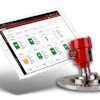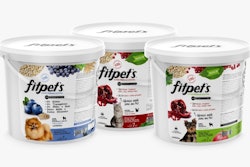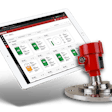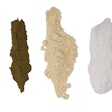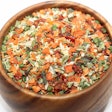
Private-label pet food, treat and other product sales increased in the United States during the first quarter of 2023. Cascadia Capital analysts explored the rising fortunes of store brands in their report “Pet Industry Overview: Spring 2023” using consumer data from Numerator. Private label pet products’ dollar share increased 0.23% while unit share was up 0.77% as of March 31. At that time, branded pet products, including pet food, made up 83.4% of overall unit share, compared to private label’s 16.6%. Pet products’ brand mix differed from the broader consumer goods market, where private label fell in both dollar and unit share.
“Private label unit share growth was unsurprisingly highest for low-income shoppers, reporting 1.47% unit growth in the latest three months.” Cascadia’s analysts wrote. “Middle-income shoppers reported 0.67% unit growth and high income 0.44% unit growth over the same period… Looking at private label dollar share by category across channels (including e-commerce and multi-outlet), the data shows material dollar gains for cat food and treats (+19%), and dog food and treats (+6%).”
Cat food and treats sold under private labels had 7.1% dollar share in their category. Private-label dog food and treat sales made up 15.1% of its market dollar share in the first three months of 2023.
Cascadia Capital is an investment bank and advisory firm based in Seattle, Washington, USA.
How private-label pet food is made
Created using Chat GPT:
Private-label pet food is typically produced through a process known as contract manufacturing. Private-label brands are created and owned by retailers or other companies that do not have their own manufacturing facilities. Instead, they partner with contract manufacturers who specialize in producing pet food products.
Here's a general overview of the process involved in making private-label pet food:
- Product Development: The private label brand owner works closely with the contract manufacturer to develop the desired pet food formulations. This includes selecting ingredients, determining nutritional profiles, and establishing quality standards.
- Ingredient Sourcing: The contract manufacturer procures the necessary ingredients based on the specifications provided by the brand owner. These ingredients can include various meat or protein sources, grains, vegetables, vitamins, and minerals.
- Mixing and Formulation: The ingredients are blended together in the appropriate proportions according to the specific recipe or formulation. This process may involve grinding, mixing, and heating to create a consistent and uniform mixture.
- Processing: The blended mixture is processed through methods such as extrusion or baking, depending on the type of pet food being produced. Extrusion is a common technique where the mixture is cooked at high temperatures and forced through a shaping die to create the desired kibble or treat shape. Baking is used for some softer or wet pet food products.
- Quality Control: Throughout the manufacturing process, quality control measures are implemented to ensure that the final product meets the established standards for nutritional content, taste, texture, and safety. This may involve laboratory testing, sensory evaluation, and adherence to regulatory requirements.
- Packaging: Once the pet food is manufactured and cooled, it is typically packaged in bags, cans, pouches, or other appropriate containers. The packaging may include the private label brand's logo, design, and labeling information as specified by the brand owner.
- Distribution: The finished private-label pet food products are then distributed to the retailers or brand owners who will sell them under their own label. This can involve logistics and transportation to ensure timely delivery to stores or online platforms.
It's important to note that the exact process can vary depending on the contract manufacturer, the specific product requirements, and any customization requested by the private label brand owner. The contract manufacturer's expertise and capabilities play a crucial role in producing private-label pet food products that meet the desired quality and specifications.

